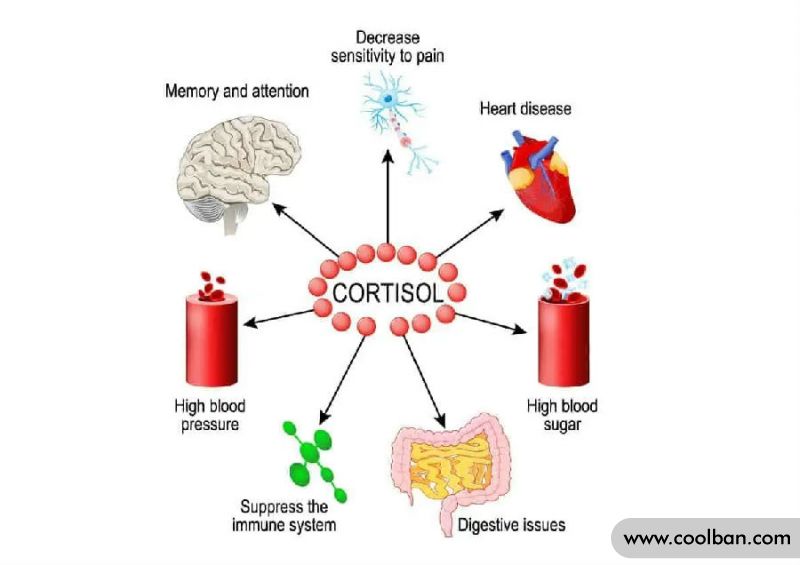What does cortisol do for fat loss with exercise?
In the process of losing fat, we are more inclined to choose intuitive means, the most common of which are dieting and exercise, the purpose is to achieve the goal of calorie intake < consumption, because dieting can help you limit your daily calorie intake Into, exercise will increase part of the consumption, but for fat loss, it is not such a simple process, on the contrary, fat loss is a rather complicated process, because many factors will affect the state of calorie balance, even if you think there should be a calorie deficit , but in fact not, this is one of the questions that many friends wonder about. < p="">
So, what causes the actual calorie deficit during fat loss to be lower than expected, or not even present? To sum up, there are probably several reasons, such as underestimating the calories of food, overestimating the consumption of exercise, ignoring metabolic adaptation, inability to fight hunger, subjective motivation, hormone levels and so on. Among these factors, in addition to hormone levels, we can basically understand other factors, so how do hormone levels affect the effect of fat loss?
Of course, when it comes to the impact of hormones on fat loss, there are several aspects involved, such as testosterone, insulin, thyroxine, and of course cortisol. The effects of fat loss, and the question of how to balance cortisol.

What is cortisol?
Cortisol is the main glucocorticoid, secreted by the adrenal glands to regulate the metabolism and utilization of proteins, carbohydrates and fats, as well as to regulate physiological or psychological stress and anti-inflammatory functions. Many times, we also refer to cortisol as the "stress hormone" because the secretion of cortisol is associated with stress. When the body is under stress, the body releases cortisol.
In addition, our bodies secrete cortisol throughout the day and follow a circadian rhythm, with cortisol levels highest throughout the day when we wake up in the morning and lowest in the evening, rising during high-intensity exercise, and decreasing afterward.

Is cortisol good or bad?
Cortisol has a bad reputation among the athletic population because high cortisol levels can negatively impact health. High cortisol levels are also not good news for exercisers, such as:
High levels of cortisol can make you more likely to gain weight, mainly because it blocks satiety signals, you'll be hungrier than usual, and it stimulates your appetite, especially in fats rich in starches and sugars. Food, such as when we are stressed, we prefer to choose sweets to relieve stress;
Excessive cortisol levels can make losing or gaining weight difficult. When you gain weight, fat tends to accumulate in the abdomen;
High levels of cortisol can make building muscle difficult because it inhibits protein synthesis and accelerates protein breakdown, which leads to lower testosterone levels and generally makes building muscle difficult.

In addition to these factors, persistently high levels of cortisol can also lead to problems with water retention and puffiness. These questions, of course, refer to the effects of chronically elevated cortisol levels on muscle building and fat loss, not that normal levels of cortisol are bad. Conversely, cortisol has certain benefits for health and muscle building and fat loss. For example, cortisol fights inflammation, breaks down fat, regulates stress, stabilizes blood pressure, and regulates immunity.
That said, cortisol is not absolutely good or bad. It's not good because when cortisol levels are consistently high, it negatively affects health, muscle building, and fat loss. Therefore, for people who lose fat, how to balance cortisol levels is particularly important.
